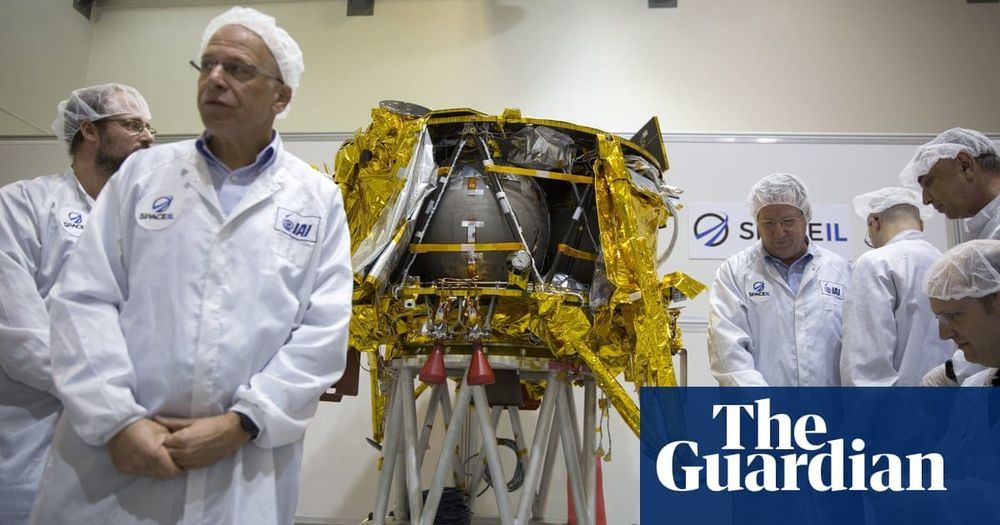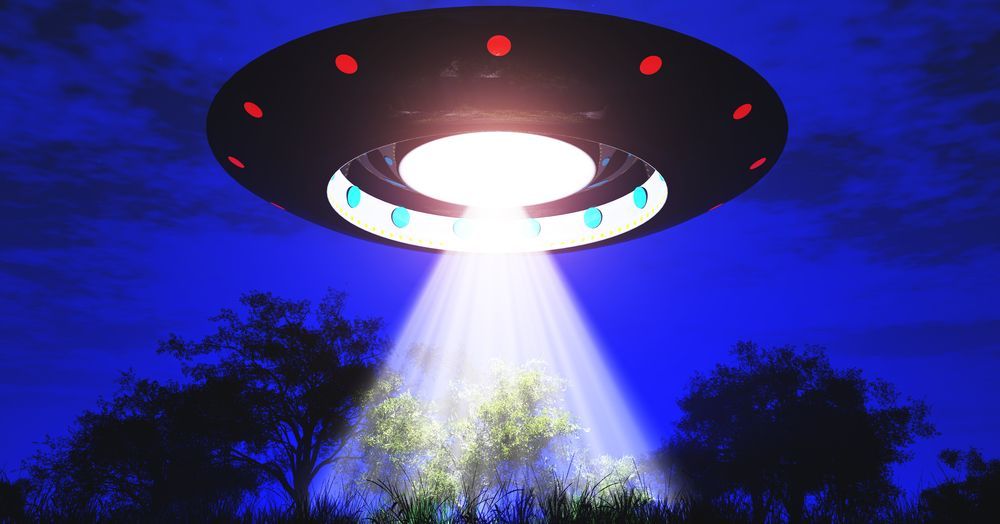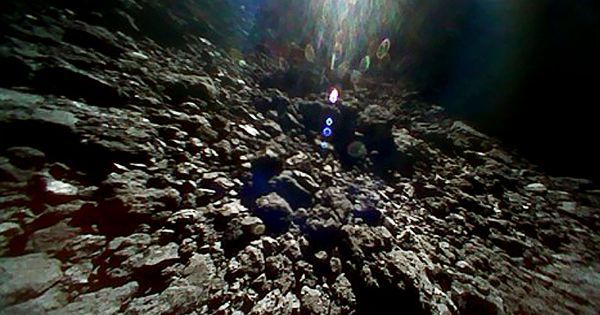The test will show Orion’s Launch Abort System can carry a crew to safety in case of an emergency during launch.
Category: space travel – Page 417
Elon Musk: Moving to Mars would cost about $200,000
The CEO once said a self-sustaining Mars colony won’t work if it’s wildly expensive for each person to make the voyage.
VASIMR plasma engine: Earth to Mars in 39 days?
Circa 2017
“We’re likely to find hydrogen pretty much anywhere we go in the Solar System,” he said.
A spacecraft using conventional chemical rockets would take eight months to get to Mars during opposition. However, the VASIMR engine would make the journey in as little as 39 days.
Chang Diaz explained: “Remember, you are accelerating the first half of the journey – the other half you’re slowing, so you will reach Mars but not pass it. The top speed with respect to the Sun would be about 32 miles per second [or 51.5 km/s]. But that requires a nuclear power source to heat the plasma to the proper temperature.”

Israel to launch first privately funded moon mission
While it is not a government-led initiative, the state-owned Israel Aerospace Industries (IAI) corporation joined as a partner. If the mission is successful, Israel will become the fourth country, after Russia, the US and China, to reach the moon.
Attempt to become fourth country to send spacecraft to lunar surface blasts off this week.


NASA, SpaceX Demo-1 Briefings, Events and Broadcasts
NASA and commercial crew provider SpaceX are targeting 2:48 a.m. EST Saturday, March 2, for the launch of the Demo-1 uncrewed flight test to the International Space Station. The uncrewed test flights will be the first time a commercially-built and operated American rocket and spacecraft designed for humans will launch to the space station.
Live coverage will begin on NASA Television and the agency’s website Friday, Feb. 22 with prelaunch events.
The SpaceX Crew Dragon spacecraft will launch on a Falcon 9 rocket from the historic Launch Complex 39A at NASA’s Kennedy Space Center in Florida. About 10 minutes after launch, Crew Dragon will reach its preliminary orbit. It is scheduled to dock to station Sunday, March 3 at 5:55 a.m. ESThe Crew Dragon spacecraft will carry about 400 pounds of crew supplies and equipment to the space station and return some critical research samples to Earth.
Deep Space Climate Observatory
A NASA camera aboard the Deep Space Climate Observatory (DSCOVR) satellite captured a unique view of the moon as it moved in front of the sunlit side of Earth last month. The series of test images shows the fully illuminated ‘dark side’ of the moon that is never visible from Earth. The images were captured by NASA’s Earth Polychromatic Imaging Camera (EPIC), a four megapixel CCD camera and telescope on the DSCOVR satellite orbiting 1 million miles from Earth. From its position between the sun and Earth, DSCOVR conducts its primary mission of real-time solar wind monitoring for the National Oceanic and Atmospheric Administration (NOAA). EPIC maintains a constant view of the fully illuminated Earth as it rotates, providing scientific observations of ozone, vegetation, cloud height and aerosols in the atmosphere. Once EPIC begins regular observations next month, the camera will provide a series of Earth images allowing study of daily variations over the entire globe. About twice a year the camera will capture the moon and Earth together as the orbit of DSCOVR crosses the orbital plane of the moon. These images were taken between 12:50 p.m. and 5:45 p.m. PDT on July 16, showing the moon moving over the Pacific Ocean near North America. The North Pole is in the upper left corner of the image, reflecting the orbital tilt of Earth from the vantage point of the spacecraft. EPIC’s ‘natural color’ images of Earth are generated by combining three separate monochrome exposures taken by the camera in quick succession. EPIC takes a series of 10 images using different narrowband spectral filters — from ultraviolet to near infrared — to produce a variety of science products. The red, green and blue channel images are used in these color images. Combining three images taken about 30 seconds apart as the moon moves produces a slight but noticeable camera artifact on the right side of the moon. Because the moon has moved in relation to the Earth between the time the first (red) and last (green) exposures were made, a thin green offset appears on the right side of the moon when the three exposures are combined. This natural lunar movement also produces a slight red and blue offset on the left side of the moon in these unaltered images. The lunar far side lacks the large, dark, basaltic plains, or maria, that are so prominent on the Earth-facing side. The largest far side features are Mare Moscoviense in the upper left and Tsiolkovskiy crater in the lower left. A thin sliver of shadowed area of moon is visible on its right side.
The Engine Powering the Future of Civilian Spaceflight Enters the Collections
Eight-year-old George Madden is wandering the “Moving Beyond Earth” gallery of the Smithsonian’s National Air and Space Museum on a blustery day in February. Clad in an orange spacesuit, he is examining the artifacts—the main engine from the Space Shuttle, flight suits, a rotating chair from a 1992 Spacelab mission—and lingering near a display about space travel. He gazes up at words printed in large white text on the wall: “When I grow up, I want to be an astronaut.”
His father, 52-year-old Michael Madden, will soon make history as one of the first 1,000 people to travel to space. Madden is a paid customer of Virgin Galactic, one of six “future astronauts” in the crowd who will be among the first wave of passengers to be carried into space by SpaceShipTwo when the company begins its commercial flights, maybe as soon as before the end of the year. Madden and his son, along with other space aficionados, are in the museum for a donation ceremony. Sir Richard Branson, founder of the Virgin Group, and Enrico Palermo, president of the Spaceship Company, are turning over the hybrid engine that powered Virgin Galactic’s SpaceShipTwo, VSS Unity, on its first space flight on December 13, 2018.
The crowd hushes as Ellen Stofan, the director of the museum, steps to the podium. “SpaceShipTwo’s rocket motor is an exciting addition to the national collection of milestone spaceflight artifacts,” she says. “It is a unique piece of history that represents a new era in space travel and is sure to inspire the next generation of innovators and explorers.”

